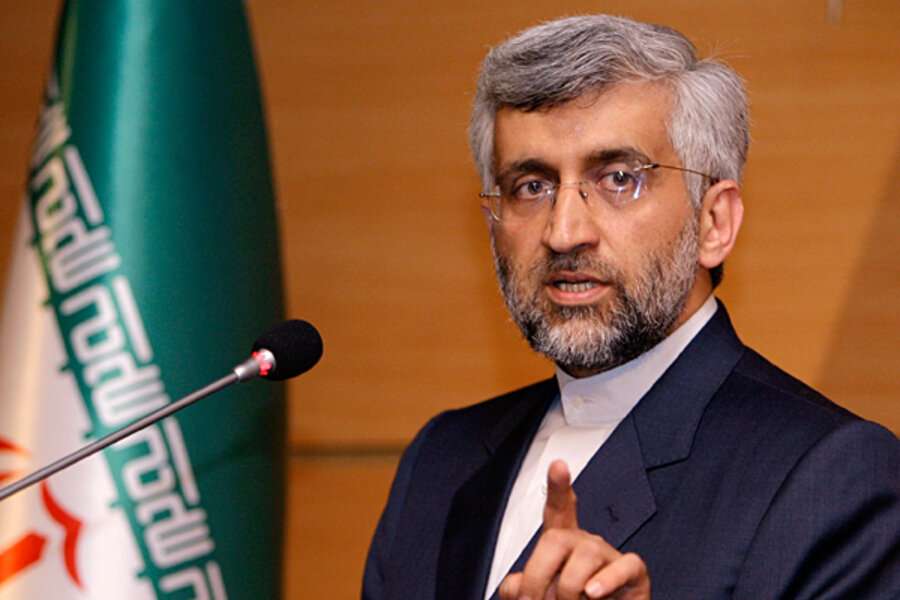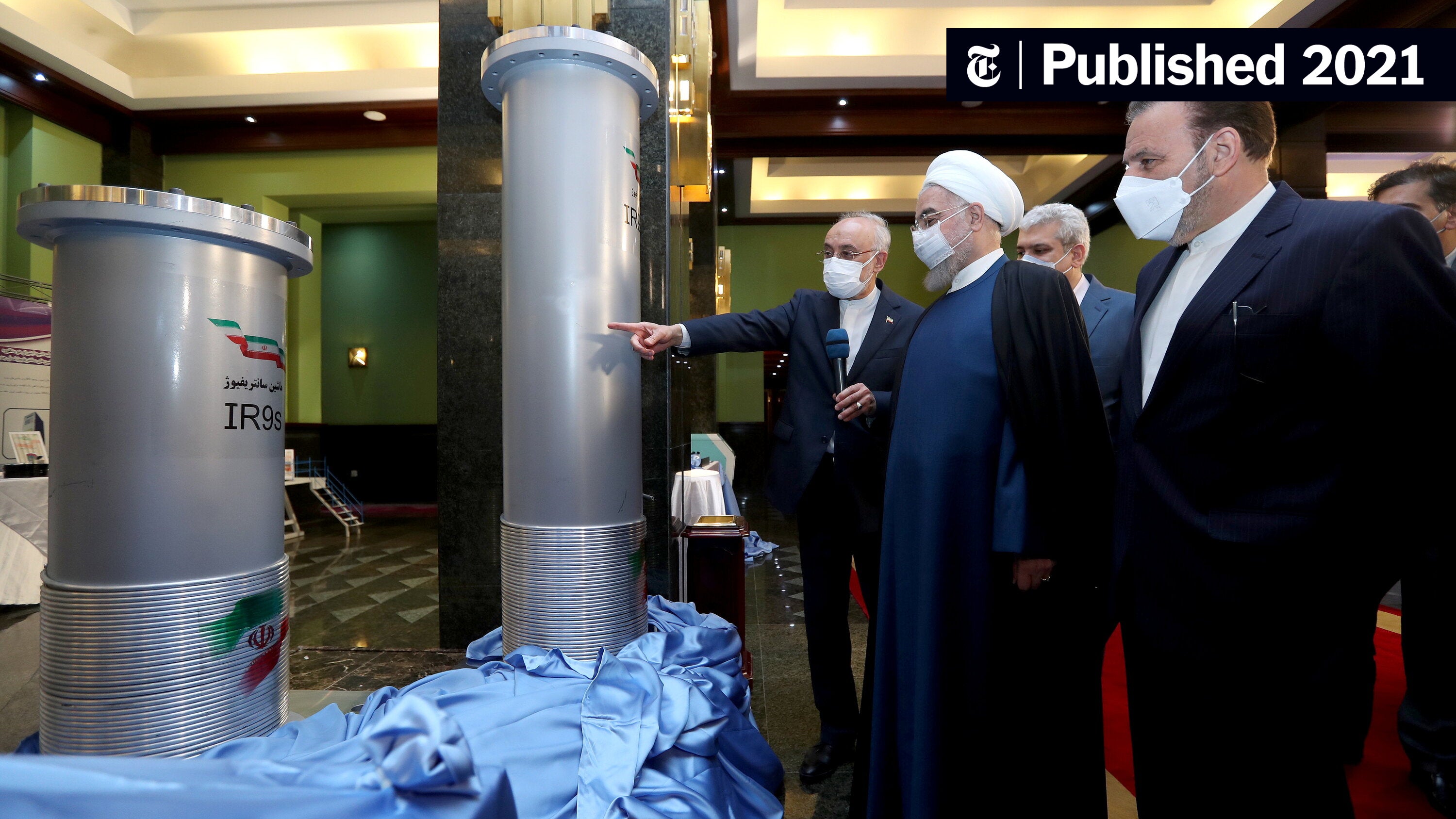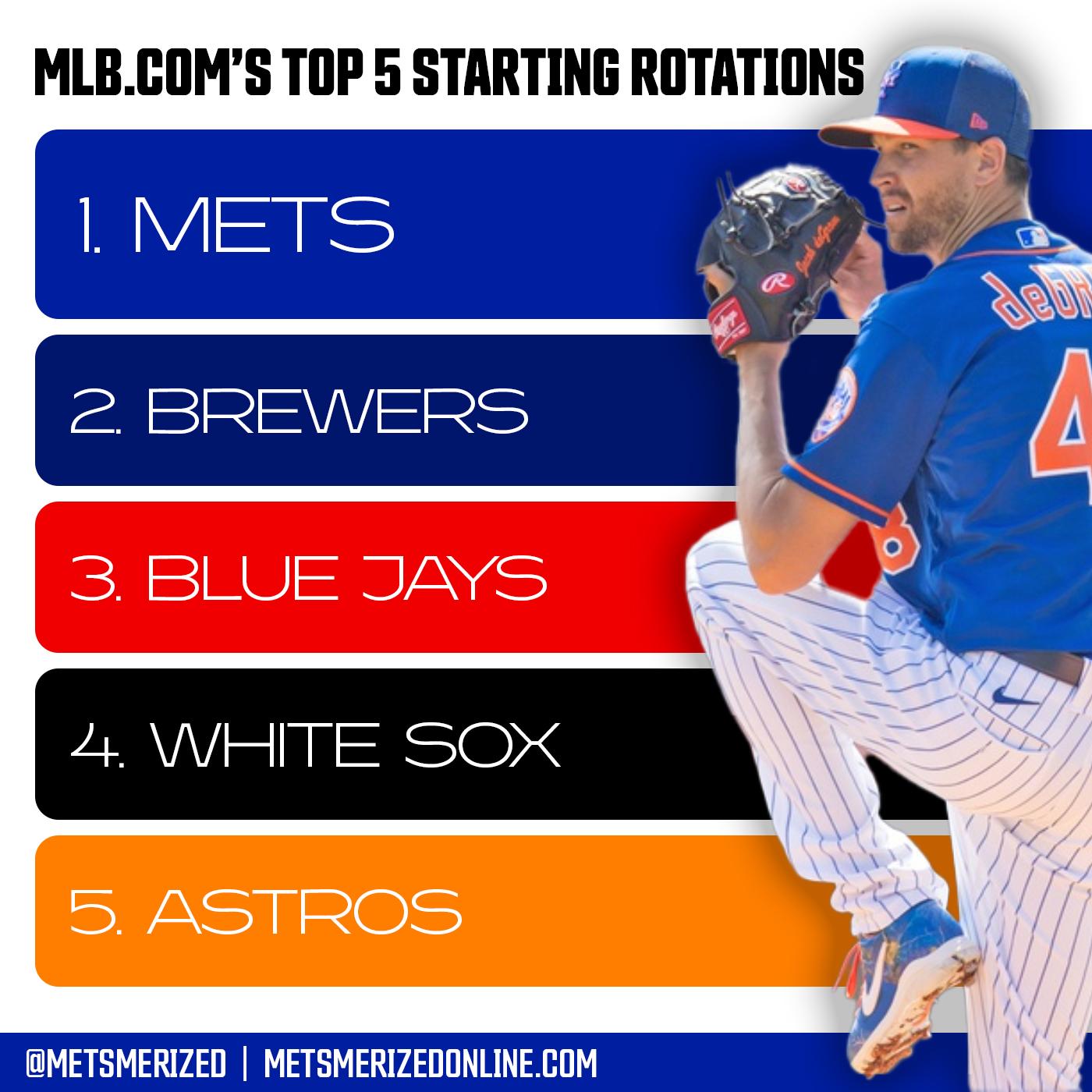Iran Nuclear Deal Talks End: Divisions Remain

Table of Contents
Key Issues Preventing a Deal
The breakdown in the Iran nuclear deal talks highlights several critical disagreements that remain deeply entrenched. These obstacles, unless overcome, could significantly hinder any future progress towards a comprehensive agreement.
Sanctions Relief
A major sticking point continues to be the extent of sanctions relief Iran demands in exchange for limiting its nuclear program. Iran insists on the complete lifting of all US sanctions imposed since 2018, arguing that these measures have severely hampered its economy. The lack of concrete guarantees regarding the speed and scope of sanctions removal remains a significant barrier.
- Specific sanctions to be lifted: This includes sanctions targeting Iran's oil exports, banking sector, and key industries. The precise mechanisms for verifying the lifting of these sanctions are also contentious.
- Verification mechanisms: Iran demands robust verification mechanisms to ensure the sanctions are lifted effectively and swiftly. This is a complex process requiring detailed agreements and international monitoring.
- Timelines: Disagreements persist about the timeframe for sanctions removal, with Iran pressing for immediate and comprehensive relief.
Nuclear Inspections
Concerns surrounding the verification of Iran's nuclear activities and the level of access granted to inspectors from the International Atomic Energy Agency (IAEA) also pose a significant challenge. The IAEA plays a crucial role in monitoring Iran's compliance with the nuclear deal. Any compromise must address the agency's need for unimpeded access to Iranian nuclear facilities.
- IAEA inspections: The scope and frequency of IAEA inspections are at the heart of the debate. Iran has previously resisted full transparency, raising concerns about the verification process's effectiveness.
- Transparency: Iran’s commitment to transparency regarding its past and present nuclear activities remains crucial. Full and unfettered access to all relevant sites is essential for the deal's success.
- Monitoring: Establishing a robust and reliable monitoring system that assures the international community of Iran's compliance is paramount.
Regional Security Concerns
The Iran nuclear deal also faces significant opposition from regional powers like Israel and Saudi Arabia, which express serious concerns about Iran's regional influence and its ballistic missile program. These concerns are not directly addressed within the framework of the JCPOA, but they significantly impact the overall geopolitical landscape.
- Ballistic missile program: Iran's development and testing of ballistic missiles raise concerns about its potential to threaten neighboring countries.
- Regional proxy conflicts: Iran's support for regional proxy groups, such as Hezbollah in Lebanon and Houthi rebels in Yemen, adds to regional instability and fuels opposition to a deal.
- Concerns of neighboring countries: The anxieties of Israel, Saudi Arabia, and other regional states about Iran’s growing influence and military capabilities are important factors influencing the negotiations.
Positions of Key Players
Understanding the positions of the key players involved is crucial to appreciating the complexities of the Iran nuclear deal negotiations.
Iran's Stance
Iran has consistently demanded the complete lifting of all US sanctions as a precondition for returning to full compliance with the nuclear deal. They have also emphasized their right to enrich uranium for peaceful purposes, while maintaining a firm stance on their ballistic missile program.
- Key demands: Complete sanctions relief, verification of sanctions lifting, and recognition of its right to enrich uranium for peaceful purposes.
- Negotiating strategy: Iran's negotiating strategy has been characterized by firmness and a demand for concrete guarantees.
- Concessions: While Iran has indicated a willingness to make some concessions, their demands for comprehensive sanctions relief have remained steadfast.
US Position
The Biden administration has expressed a willingness to re-enter the JCPOA, but it has insisted on Iran's full return to compliance with the agreement's terms as a precondition. The US also seeks to address concerns about Iran's regional activities, although this isn't directly within the scope of the nuclear deal.
- Conditions for re-entry to the JCPOA: Full compliance with the agreement's terms by Iran is a key condition for the US to rejoin.
- Willingness to compromise: The Biden administration has signaled a willingness to compromise on certain aspects of the deal, but not on its core tenets.
- Stated objectives: The US aims to prevent Iran from acquiring a nuclear weapon and to address Iran's destabilizing regional activities.
European and Other International Actors
European powers and other international actors have played a critical role in mediating the discussions, seeking to bridge the gap between Iran and the US. Their involvement reflects the international community's concern about the implications of a failed deal.
- European Union's role: The EU has acted as a key mediator, attempting to facilitate communication and find common ground between the parties involved.
- Influence of other countries (China, Russia): China and Russia have also played significant roles in the negotiations, often advocating for a more lenient approach towards Iran.
- Differing approaches: Different countries have varying priorities and approaches to the negotiations, reflecting their specific national interests and regional concerns.
Implications of the Stalemate
The failure to revive the Iran nuclear deal carries significant risks for regional and global security.
Nuclear Proliferation Risks
The ongoing stalemate increases the risk of nuclear proliferation in the region and globally. Without a deal, Iran could potentially accelerate its uranium enrichment program, bringing it closer to acquiring a nuclear weapon.
- Increased risk of nuclear conflict: A nuclear-armed Iran would significantly increase regional instability and the risk of conflict.
- Impact on global non-proliferation efforts: The failure to enforce the JCPOA would undermine international efforts to prevent the spread of nuclear weapons.
Geopolitical Consequences
The stalled negotiations also have far-reaching geopolitical consequences. Increased tensions between Iran and the US could further destabilize the Middle East and reshape global power dynamics.
- Impact on Middle East stability: The lack of a deal could exacerbate regional tensions, leading to further conflicts and instability.
- US-Iran relations: The continued impasse will likely strain US-Iran relations and make future cooperation more challenging.
- Global power dynamics: The outcome of these negotiations will significantly influence global power dynamics and international relations.
Conclusion: Iran Nuclear Deal Talks End: Divisions Remain
In conclusion, the recent round of Iran nuclear deal talks ended without a breakthrough, highlighting the deep divisions that persist between the parties. Unresolved issues surrounding sanctions relief, nuclear inspections, and regional security concerns have created a significant obstacle to reaching a comprehensive agreement. The positions of key players, from Iran's demands for sanctions removal to the US's insistence on full compliance, reflect the complex geopolitical dynamics at play. The implications of this stalemate are far-reaching, increasing the risk of nuclear proliferation and exacerbating regional tensions. The future of the Iran nuclear deal remains uncertain, but it is clear that finding a solution requires addressing these fundamental disagreements and fostering greater trust and cooperation among all parties. Stay informed on the ongoing developments surrounding the Iran nuclear deal and its far-reaching implications for regional and global security.

Featured Posts
-
 Monstrous Beauty A Feminist Reimagining Of Chinoiserie At The Met
Apr 28, 2025
Monstrous Beauty A Feminist Reimagining Of Chinoiserie At The Met
Apr 28, 2025 -
 U S And Iran Fail To Reach Agreement In Latest Nuclear Talks
Apr 28, 2025
U S And Iran Fail To Reach Agreement In Latest Nuclear Talks
Apr 28, 2025 -
 Denise Richards Husband Faces Pressure To Disclose Bank Information
Apr 28, 2025
Denise Richards Husband Faces Pressure To Disclose Bank Information
Apr 28, 2025 -
 Mets Rotation Battle Significant Change Gives Pitcher The Advantage
Apr 28, 2025
Mets Rotation Battle Significant Change Gives Pitcher The Advantage
Apr 28, 2025 -
 Redicks Take The Richard Jefferson Espn Controversy
Apr 28, 2025
Redicks Take The Richard Jefferson Espn Controversy
Apr 28, 2025
